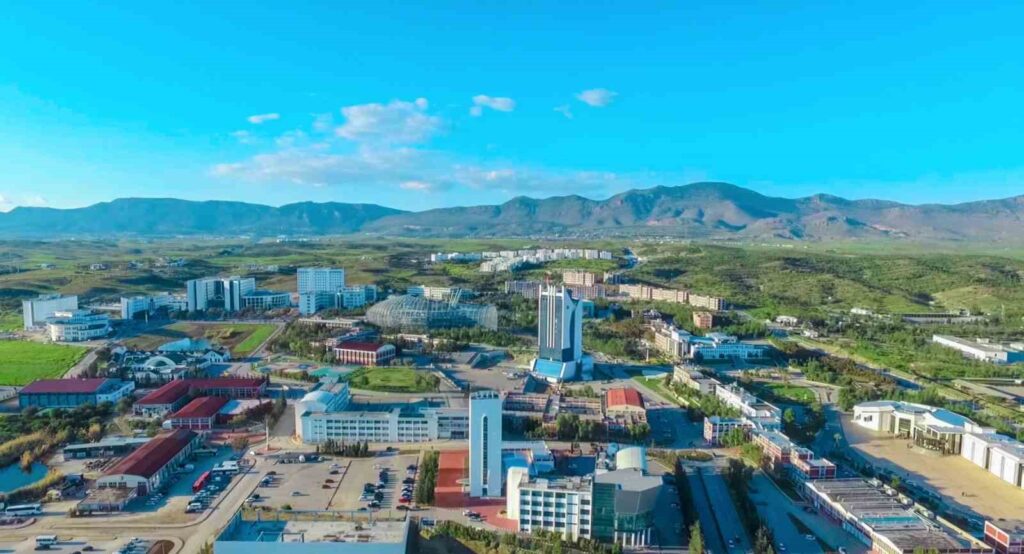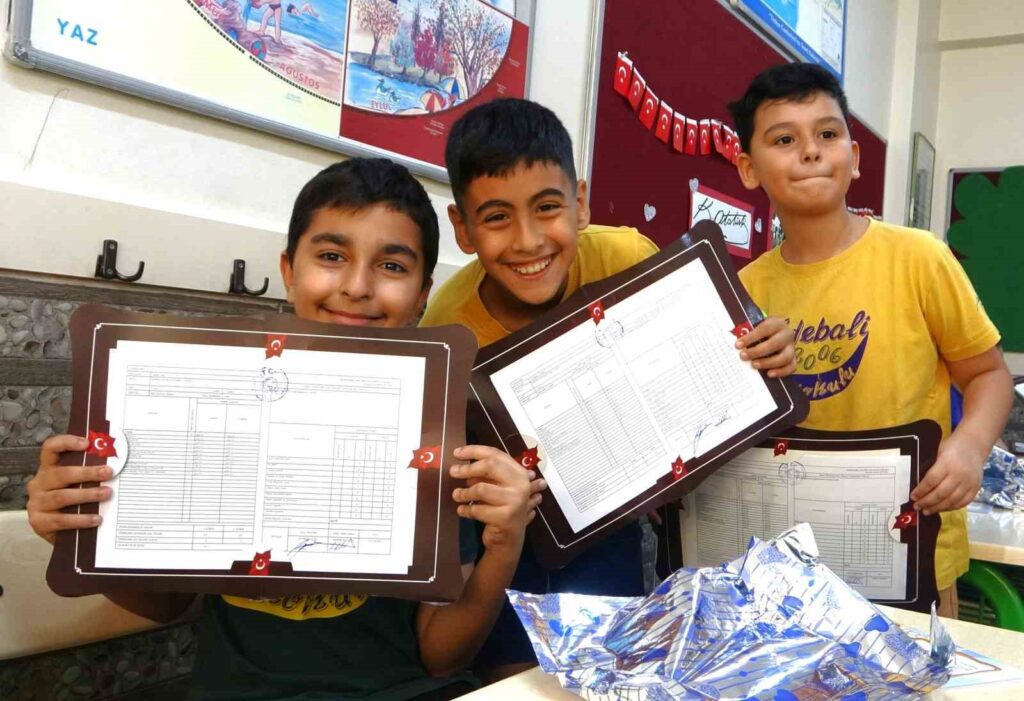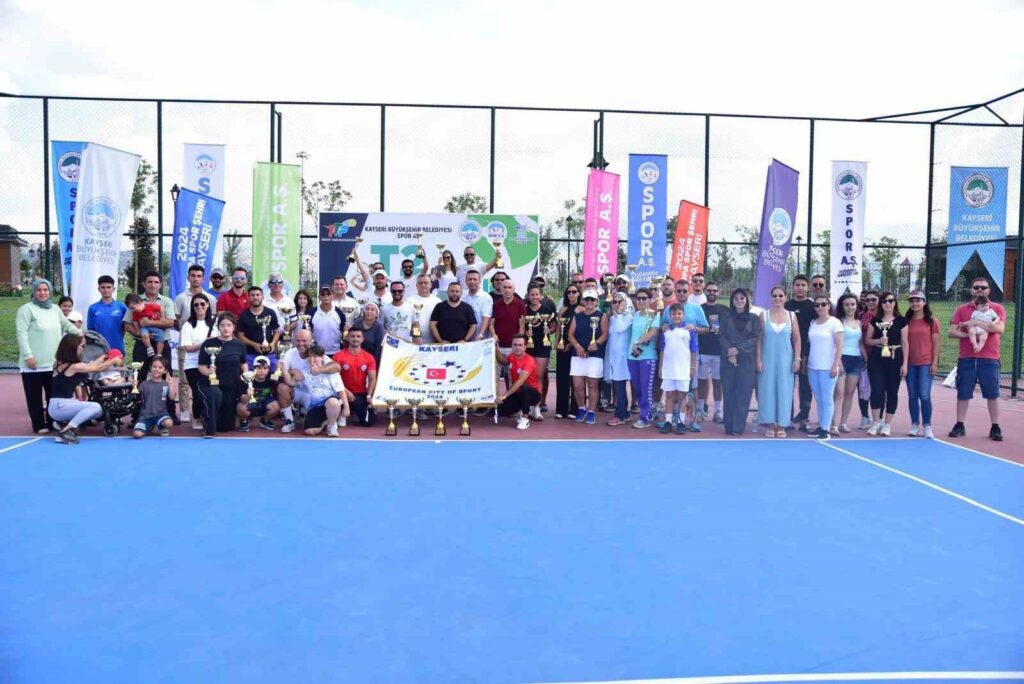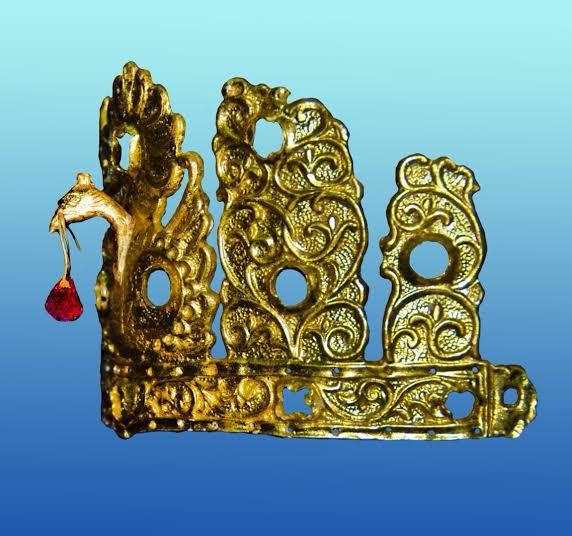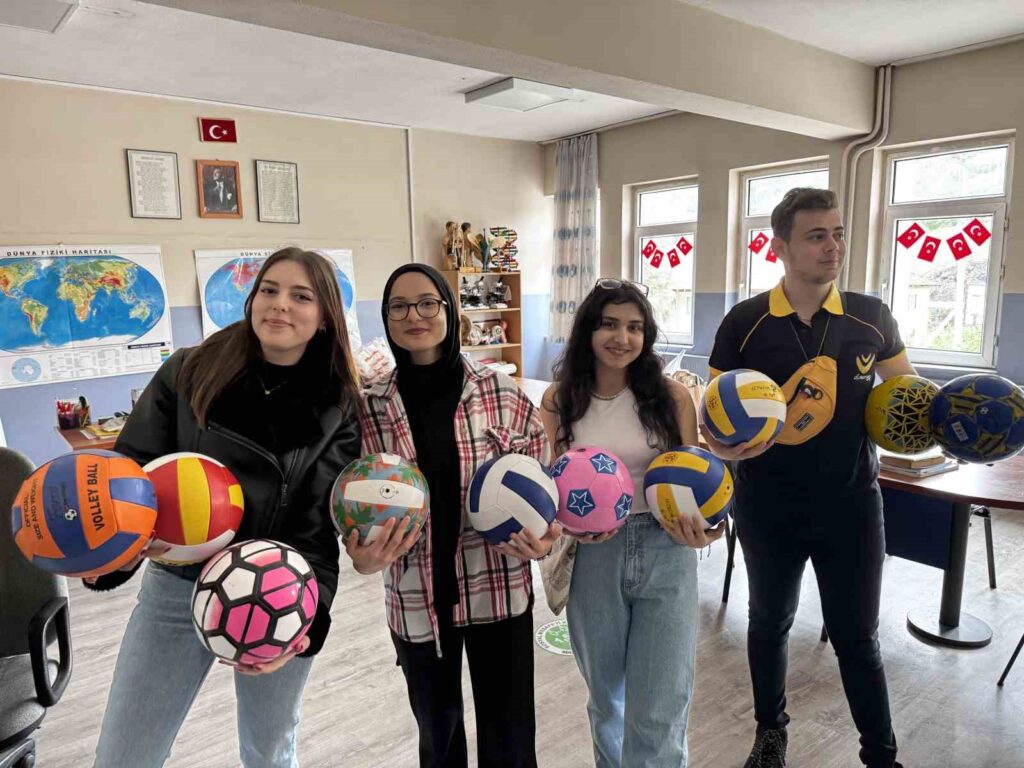Prof. Dr. Genç warned those who say, “What business do we have in Palestine?” with these words.
Prof. Dr. Nurullah Genç warned those asking, “What business do we have in Palestine?” emphasizing that, “Wherever there is oppression in the world, that is our flag.” Genç stated, “We are the nation of the giving hand, not the receiving one. Therefore, we must understand that in every place in the world…”

Prof. Dr. Nurullah Genç warned those who ask, “What do we have to do with Palestine?” emphasizing, “Wherever there is oppression in the world, that is our flag.” Genç stated, “We are a nation of the giving hand, not the receiving one. Therefore, we must understand that every event in every part of the world concerns us.”
The 3rd Gebze Book Fair, hosted by the Gebze Municipality, continues to welcome book lovers. The fair, which will run until October 27, features more than 200 authors and thinkers giving seminars and organizing signing events. One of the events held during the fair was the conference titled “A Geography of Resistance; The Struggle of Palestine” by Prof. Dr. Nurullah Genç.
“We have always seen that photo and felt pain”
In his speech, Prof. Dr. Genç pointed out that Muslims need to stop fighting among themselves, stating, “There are those in the world who are seriously dealing with us. When we look at the centuries-old history of the issue, we will see that what is happening in Israel today actually goes back to the years 67, 115, and 132 before and after Christ, to the Bar Kokhba Revolt. There is a vast history behind this image. If we do not know that history, we cannot understand today’s Israel and what the Jews are doing. We cannot understand America either. Just like the photograph of the child that Kevin Carter took, for which he won a Pulitzer Prize and ultimately committed suicide, while the vulture waited over the child. We have always seen that photo and felt pain. But we could not think about the background of the photo. Why was that child there? Why did he kneel down? What was the significance of the centuries behind him? We could not know this because we have lost our words, and our memory has emptied over the last 150-200-300 years.”
“Wherever there is oppression in the world, that is our flag”
Prof. Dr. Nurullah Genç highlighted that the word has two meanings and continued his speech as follows:
“There is a literal meaning and a technical meaning. The technical meaning expresses the background and historical depth of the word. The technical meaning narrates the life of that word from the past to the present. When we delve into the technical meaning of the word flag, we understand why Palestine also has a flag. Because the red in our flag comes from the blood of the martyr, from the First Kosovo War. The crescent on the flag symbolizes the Prophet Muhammad. Because there have been sayings about the moment when our Prophet (peace be upon him) appeared on the horizon during his migration to Medina, and the first 2-3 days of the month are the crescent. It has been likened to the crescent because it is also Prophet Muhammad’s (peace be upon him) first entry into Medina. But that prophet (peace be upon him) said about those who liken themselves to the crescent, ‘My companions are like the stars in the sky. Whichever of them you follow, you will be saved.’ Our star symbolizes him. In this sense, the flag of our Prophet (peace be upon him), the flag of his companions, and the mercy of their civilization that they brought to us is also the flag of Palestine. Therefore, it is the flag of any oppressed person in any part of the world. Those who say ‘What do we have to do with Palestine?’ think they are distanced from the issue because they do not know this and do not have this background. Wherever there is oppression in the world, that is our flag. To grasp this meaning, we need to regain our words.”
“We are a nation of the giving hand, not the receiving one”
Stating that “Our civilization says that the giving hand is superior to the receiving hand,” Genç said, “We should have a helping hand for Palestine. Because we have such a belief. According to what the Bosnian historian told us; after Fatih Sultan Mehmet conquered all of Bosnia, he asked the approximately 20 thousand Bosnians in front of him, ‘What do you want from me?’ Those who witnessed this wondered, ‘Did the sultan say something wrong?’ They asked again. The sultan said, ‘No, we did not come to take anything from you. We came to give you something. What do you want from us?’ They talked among themselves, clenched their fists, stood up, and said, ‘Just be our ruler; we do not want anything else,’ and a large portion of the Bosnians converted to Islam at that time. Ali Izzet Begović, before his death, was trying to convey this to our president when he said, ‘Bosnia is entrusted to you.’ In other words, he was trying to say, ‘You are our ruler.’ This is who we are. We are a nation of the giving hand, not the receiving one. Therefore, we must know that every event in every part of the world concerns us,” he expressed.
“More than 200 authors and thinkers will hold seminars and conferences”
Mayor Zinnur Büyükgöz stated that Gebze is a district that values art and reading culture, saying, “This year, there are more than 200 authors and thinkers giving seminars, holding conferences, and organizing signing events. On the other hand, there is a fair with thousands of books. Additionally, we opened an art exhibition of our GESMEK courses in one corner of the fair. With a council decision, we declared 2024 as the year of Çoban Mustafa Paşa. The main theme of this fair was designed in reference to the year of Çoban Mustafa Paşa. We are making maximum effort to remember Çoban Mustafa Paşa, to celebrate his year, and to connect our fellow citizens of Gebze with books, as well as to instill a reading habit in our children.


